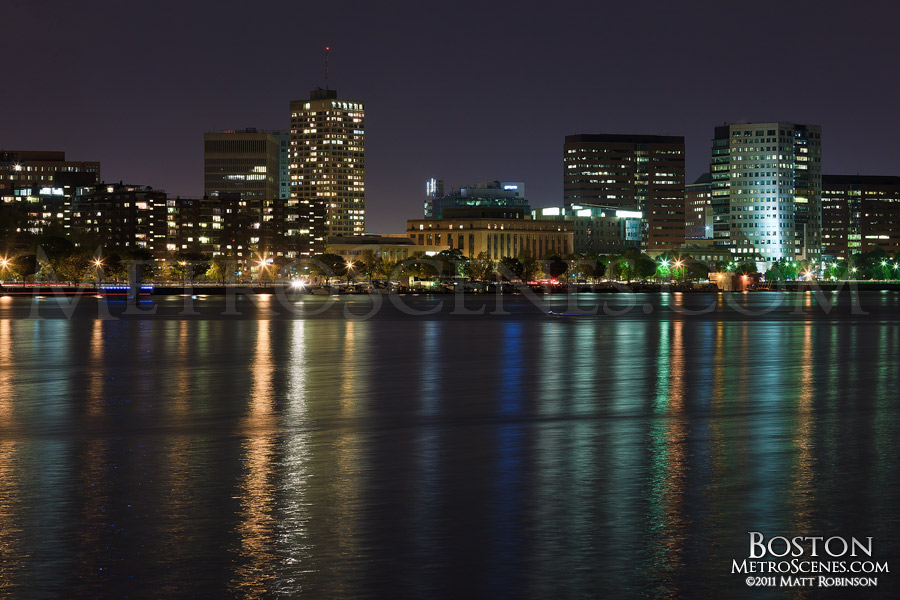That's one of those places that would look better if literally nothing had been built after 1950. Looking at that picture and knowing that the only "tall" buildings are low income housing is kind of a stark reminder that despite all of its assets, it's never going to be the place that it could be.
I understand your point, especially Meliville Towers. The tallest, Regency Tower, is actually not low income. It might be a small skyline but it's all we got here!

